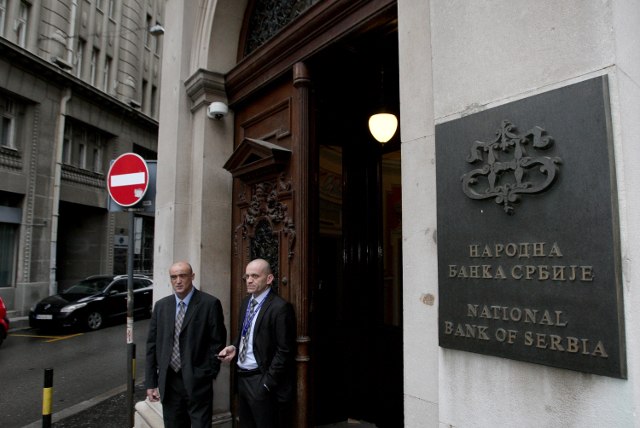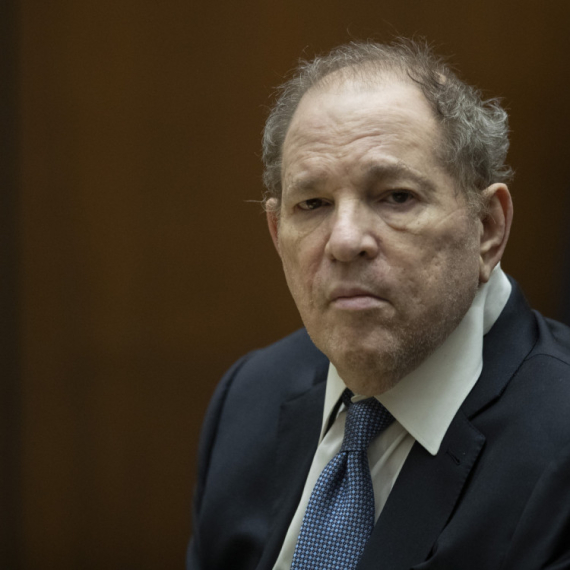Serbian central bank keeps key policy rate on hold
At its meeting on Thursday in Belgrade, the NBS Executive Board voted to keep the key policy rate on hold, at 3.0 percent.
Friday, 08.03.2019.
09:07

Serbian central bank keeps key policy rate on hold
"Inflation has been low and stable for the sixth year in a row. In January it stood at 2.1 percent y-o-y. Core inflation is also low, at 1.2 percent y-o-y in January. Subdued inflationary pressures are further indicated by the one-year ahead inflation expectations of the financial and corporate sectors, which stand somewhat below the 3.0 percent midpoint. The Executive Board expects inflation to continue to move within the target tolerance band (3.0±1.5 percent) in the coming period."Caution in monetary policy conduct is still mandated, most notably because of developments in the international environment, the central bank warned.
"As global economic growth slows, the normalization of monetary policies of leading central banks, the Fed and ECB, is expected to be slower as well. It, however, remains uncertain to what extent the normalization will be slower and different from market expectations, which may trigger the volatility of global capital flows. After falling in late 2018, global oil prices have regained some ground early this year, but both demand- and supply-side factors make their future movements uncertain. Though trade tensions between the world’s leading economies have abated recently, protectionism in international trade, as well as geopolitical tensions, remain, which perpetuates uncertainty regarding the outlook for international commodity and financial markets," it said.
The Executive Board emphasized that Serbian economy’s resilience to potential adverse effects from the international environment has increased owing to reduced external and internal imbalances and improved macroeconomic prospects.
"Public finance recorded a surplus for the second year in a row – 0.6 percent of GDP in 2018. The share of the current account deficit in GDP in 2018 stayed at the 2017 level despite elevated imports for investment purposes, higher oil prices and softening external demand. For the fourth year in a row, the current account deficit was more than fully covered by the FDI inflow that reached EUR 3.2 billion in 2018. The Executive Board expects that GDP growth this year will be powered by domestic demand, i.e. investment and consumption, and that FDI, which contributes to the growth in production and export capacities, will lead to a gradual narrowing of external imbalances in the medium term," the NBS said.
The next rate-setting meeting has been scheduled for April 9.


























































Komentari 0